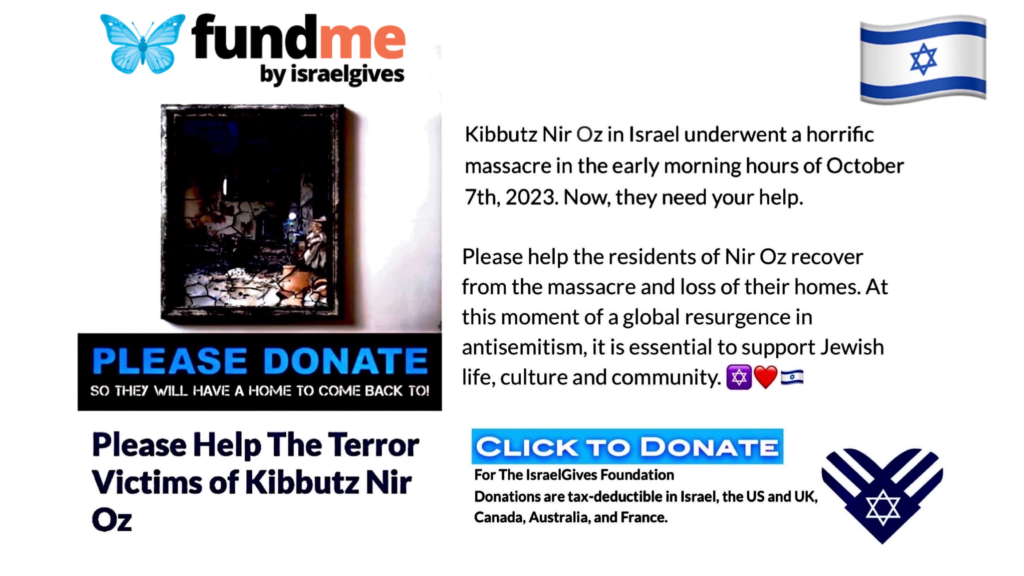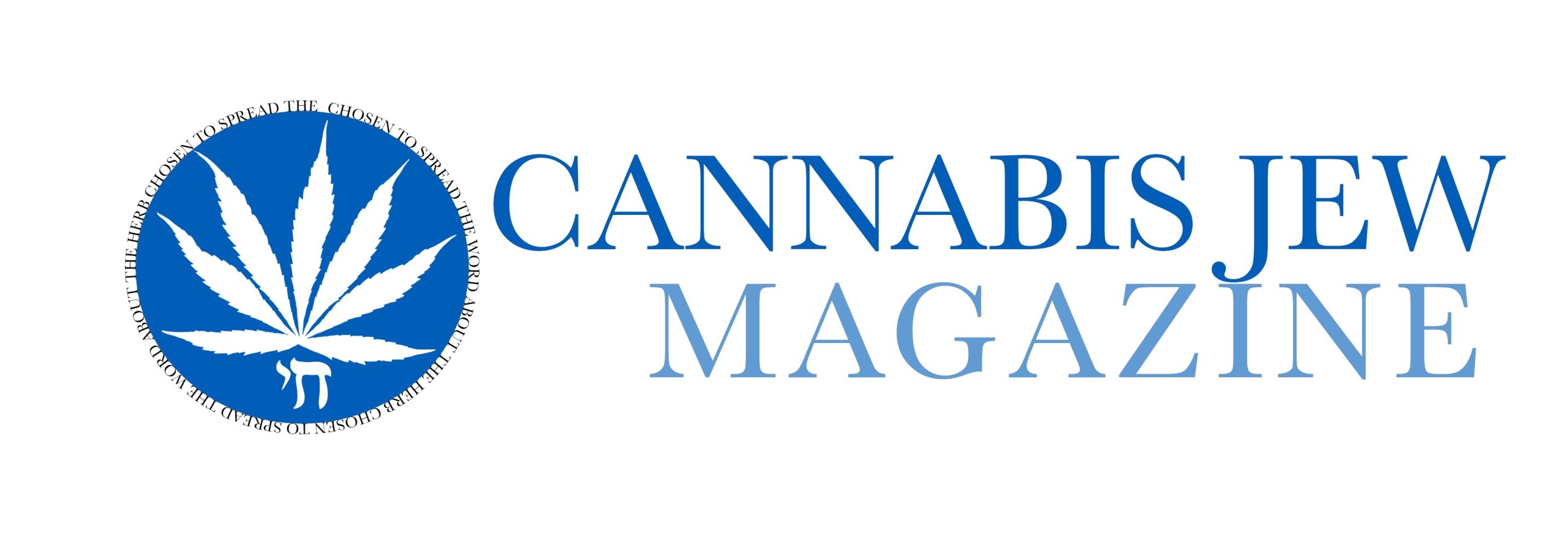Most people I meet in the cannabis industry are motivated by a desire to increase access to the herb and help alleviate pain and suffering; in Jewish terms, by tikkun olam, a desire to help repair the world. This is why I’ve always thought of the cannabis industry as a “Jewish” vocation that appeals to many people who have survived trauma and embraced the Jewish priority of protecting life over politics (l’chaim!). However, this is also why I’m confused and shaken by the silence of the cannabis industry about the Hamas massacre—the most profane violence Jews have suffered since the Holocaust.
Before October 7th, it always seemed to me that most people I met in the industry had a very real admiration and appreciation for the innovative spirit and intellectual freedom of Israeli culture that has supported cannabis research since the 1960’s, and more recently the creation of the world’s first national medical cannabis program. This is why the silence and polite disinterest in supporting Israel or showing solidarity with Jews during a global resurgence of antisemitism is all the more confusing.
In the 20+ years that I studied Nazism and read countless Holocaust memoirs (as Jews are wont to do), I never focused on the response or demeanour of the so-called “bystanders;” those who neither perpetrated nor suffered atrocities, who felt neither hatred nor fear. I was more interested (invested?) in understanding victim experience, and I thought the category of “bystander” was too abstract to depict anything about the lived-experience of genocide. Now I can feel what the word is meant to convey, with the unsettling awareness that many (most?) non-Jews I know in the industry would prefer to just “stand by” and—when necessary—politely observe Jewish fear and anguish rather than defend Jewish life and the right to a Jewish state.
I imagine that, for some, references to the Holocaust in relation to the massacre on October 7th will seem hysterical, and this is part of the problem. In truth, it’s not possible to appreciate why Israelis have always been at the forefront of cannabis research apart from the Holocaust, which—for us—is not simply a reference to a past event but something we inherit in our genetic predispositions and generational traumas. “It’s in our bones,” as a Rabbi recently said to me, and provides the context to understand the significance of the fact that Dr. Raphael Mechoulam—a child survivor of the Holocaust—discovered cannabinoids as a means to recover in a nation of survivors that guarantees the survival of the Jewish people.
In this sense, we can say that the cannabis industry was made possible by Jewish survival and the will to recover out of the ashes of the “Final Solution” to the “problem” of Jewish life and culture. For this reason, the cannabis industry has a special responsibility to support Israel and defend Jews against those who deny our right to exist, since our resilience and recovery paved the way for the medical cannabis industry and its moral compass.
Please donate to help the terror victims of Kibbutz Nir Oz recover from the massacre and the loss of their homes. Many residents of this community worked in medical cannabis facilities, and now they need the support of the cannabis community. Thank you for your support as we resist this global resurgence of antisemitic violence. ✡️







